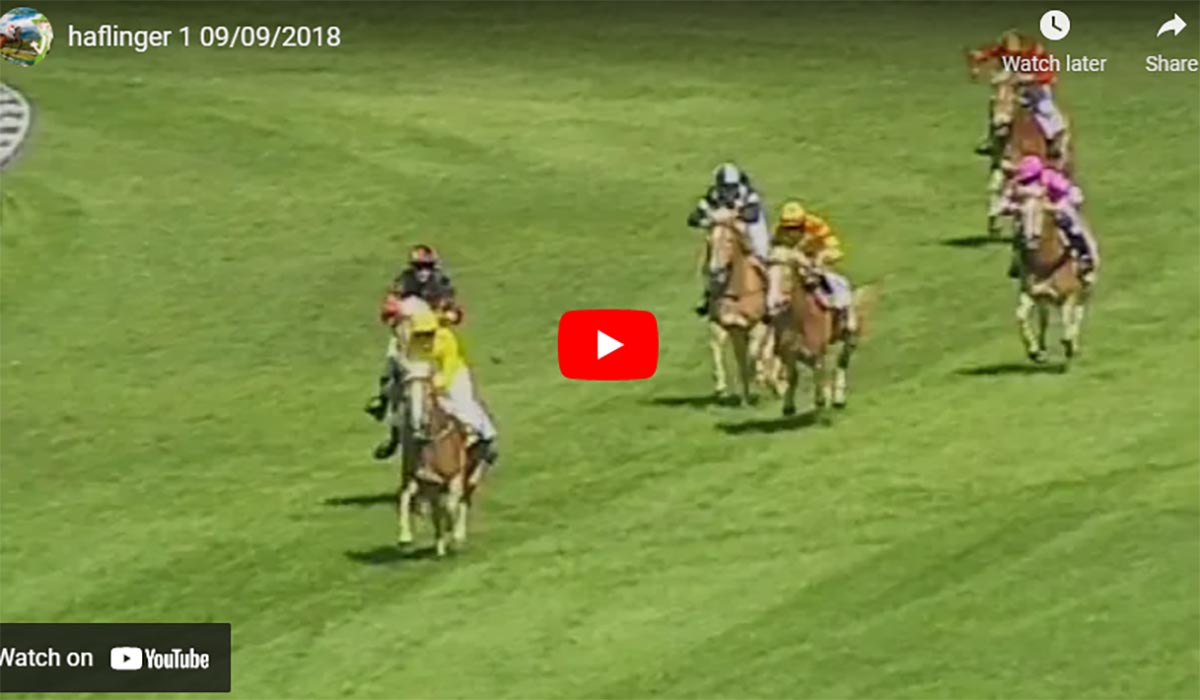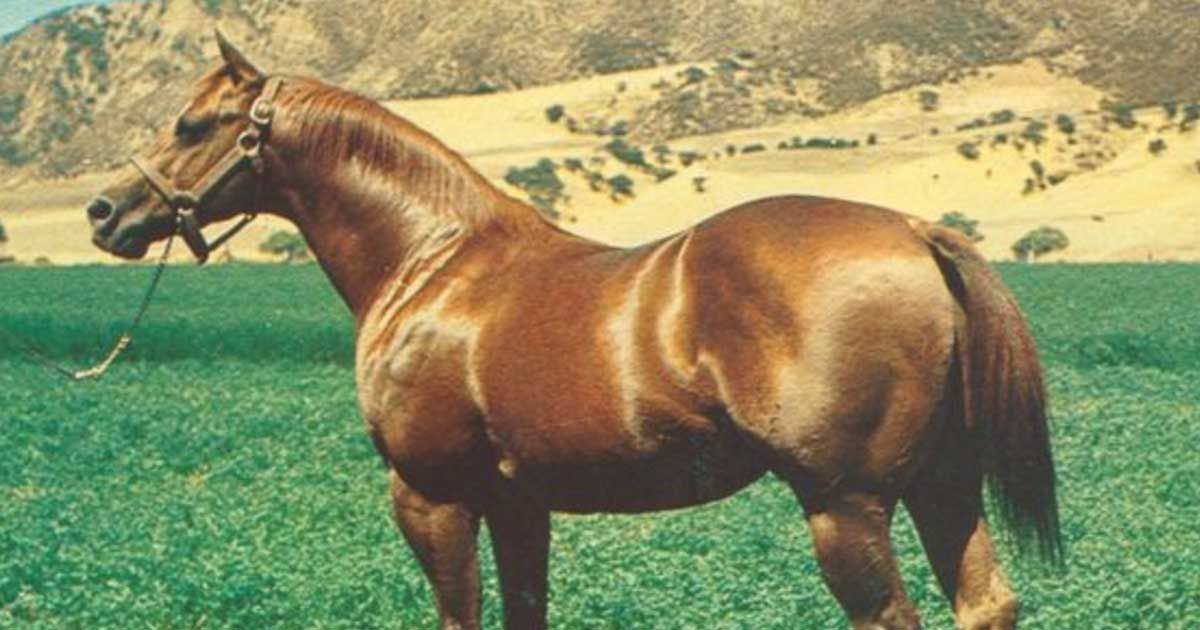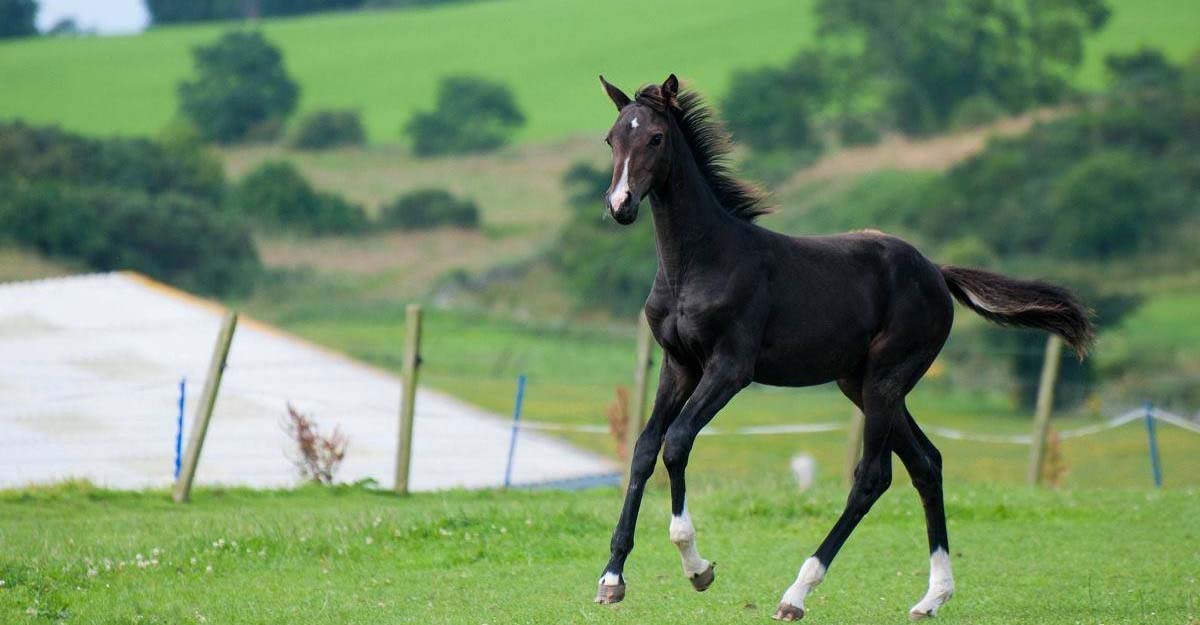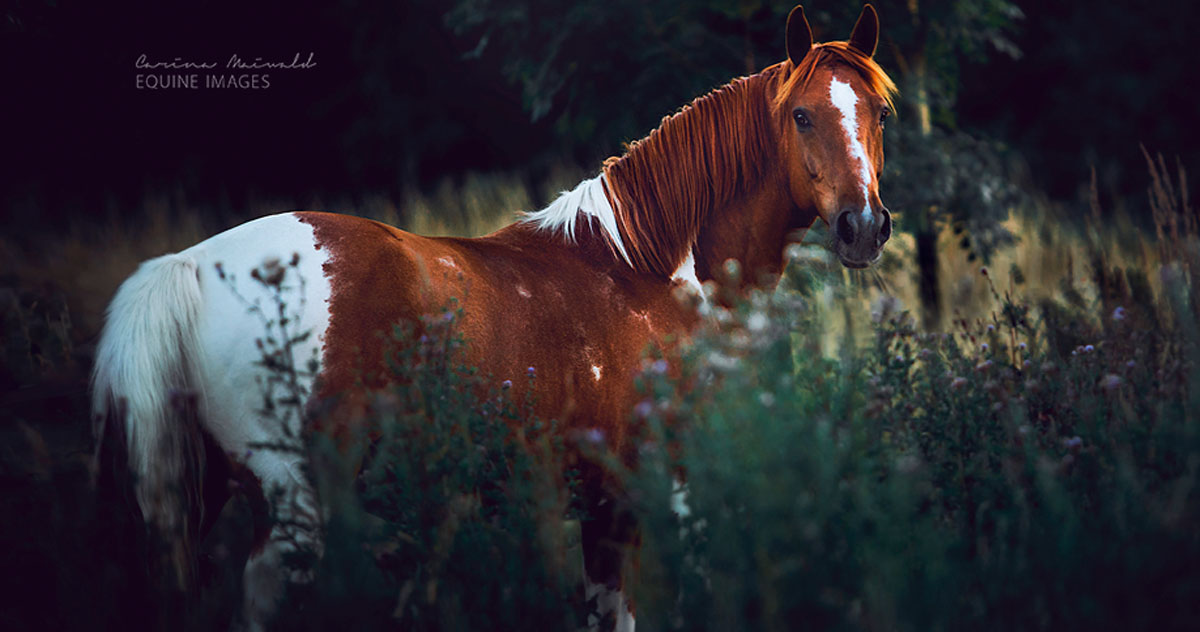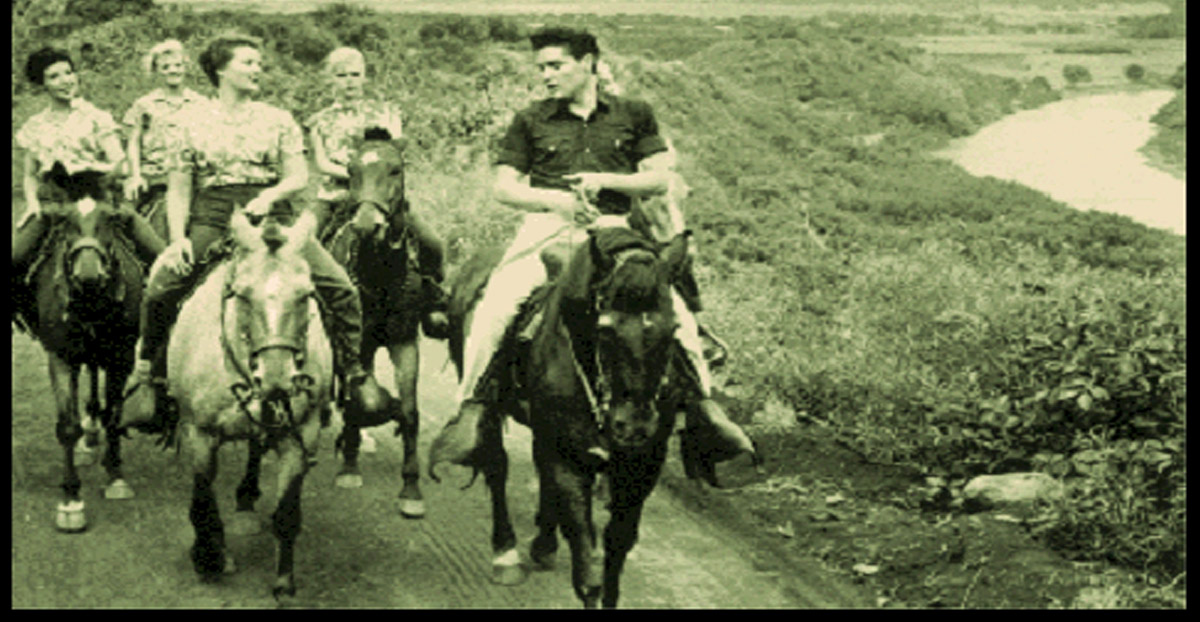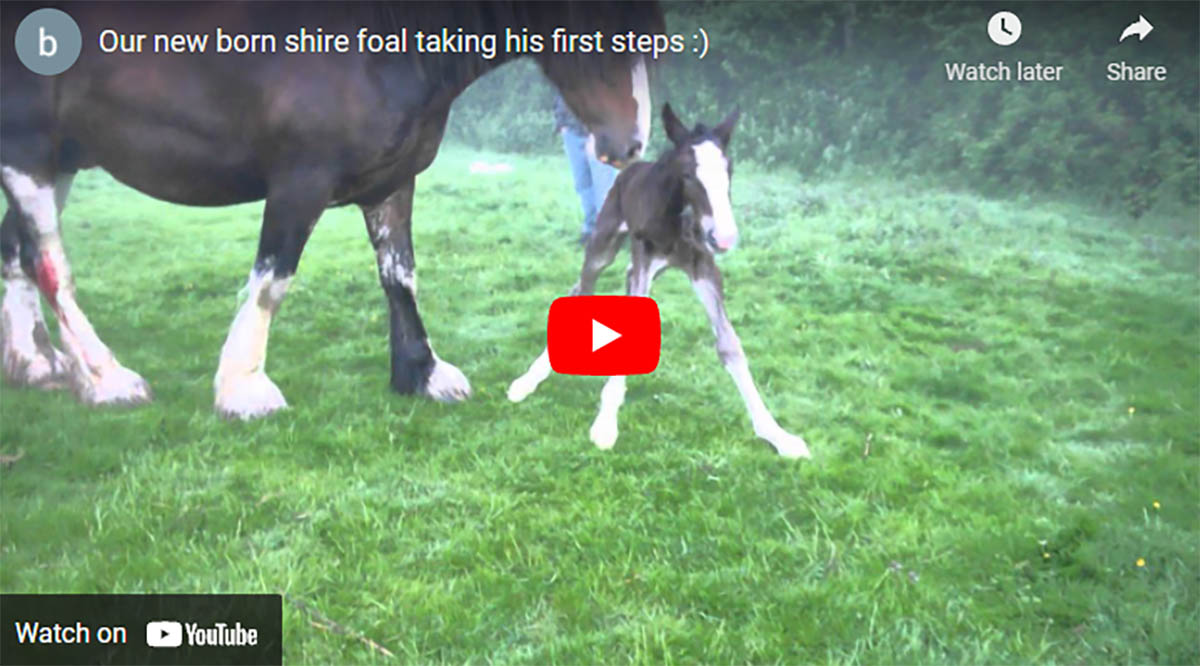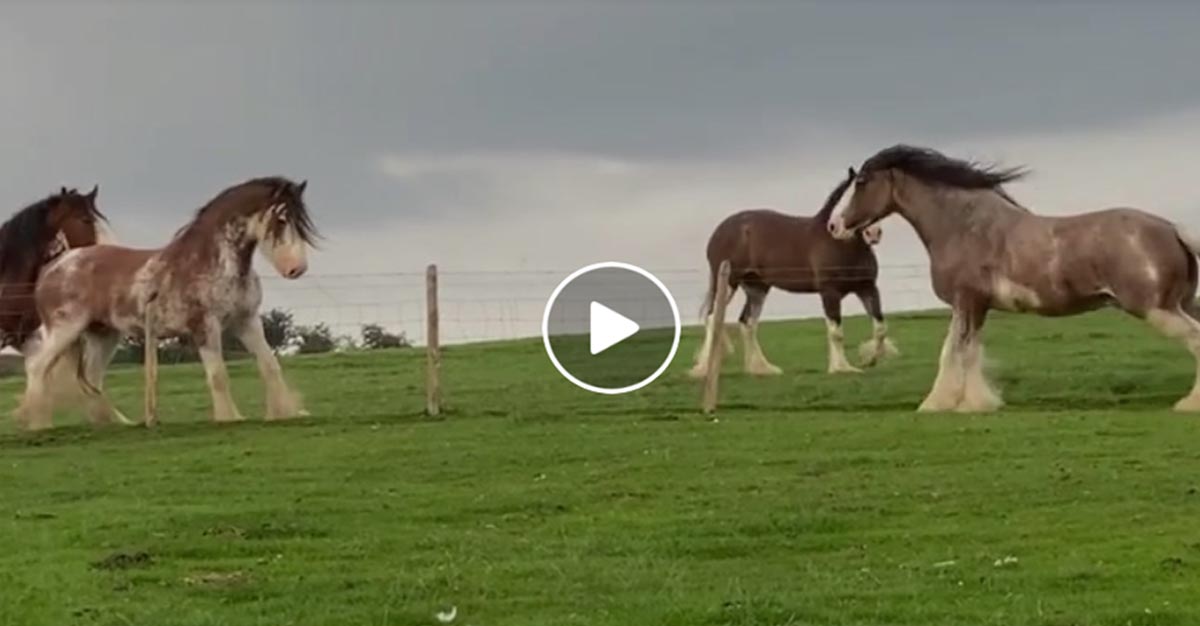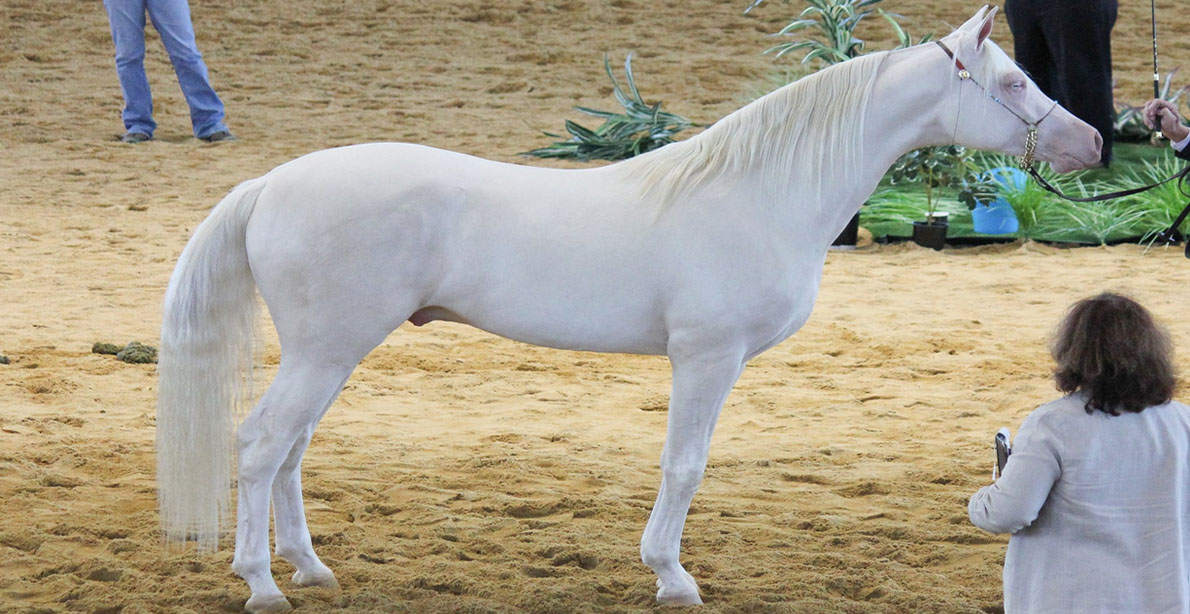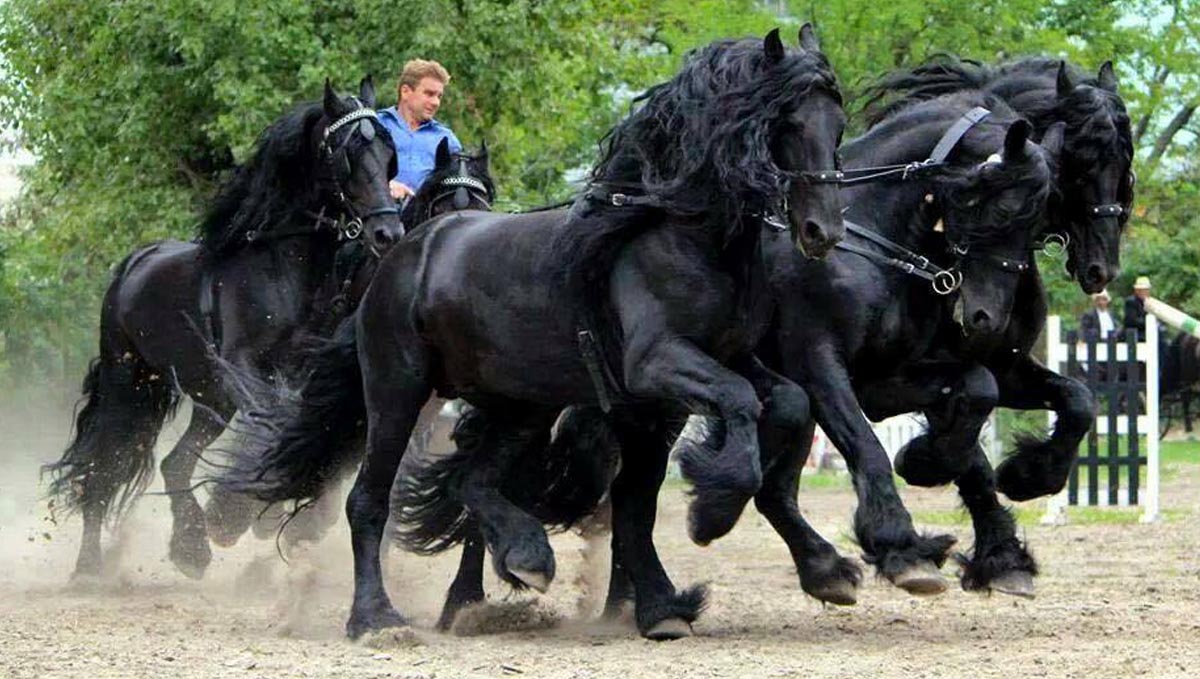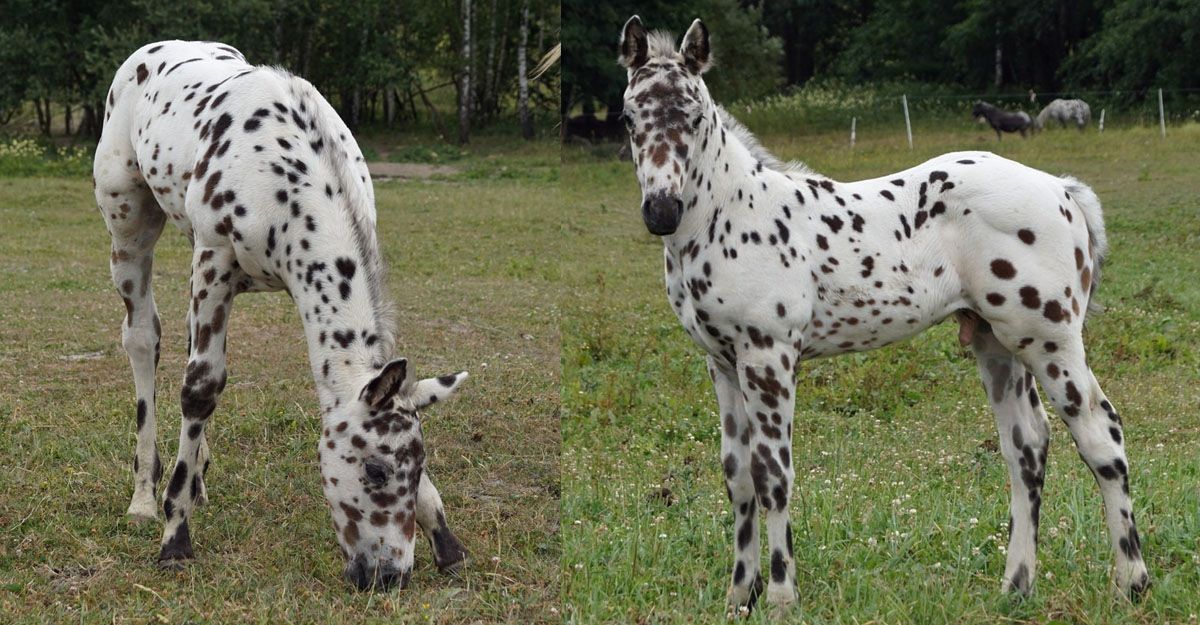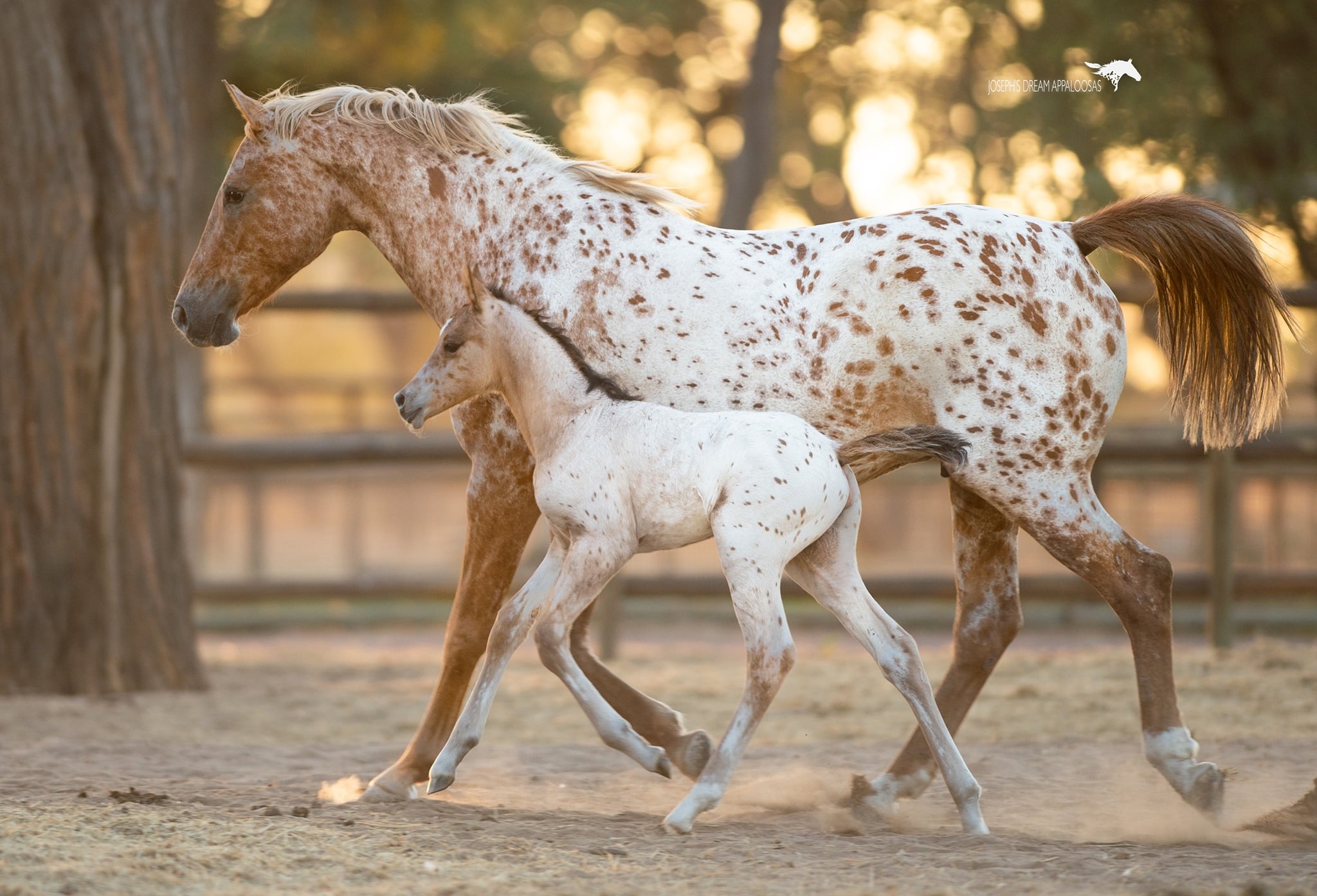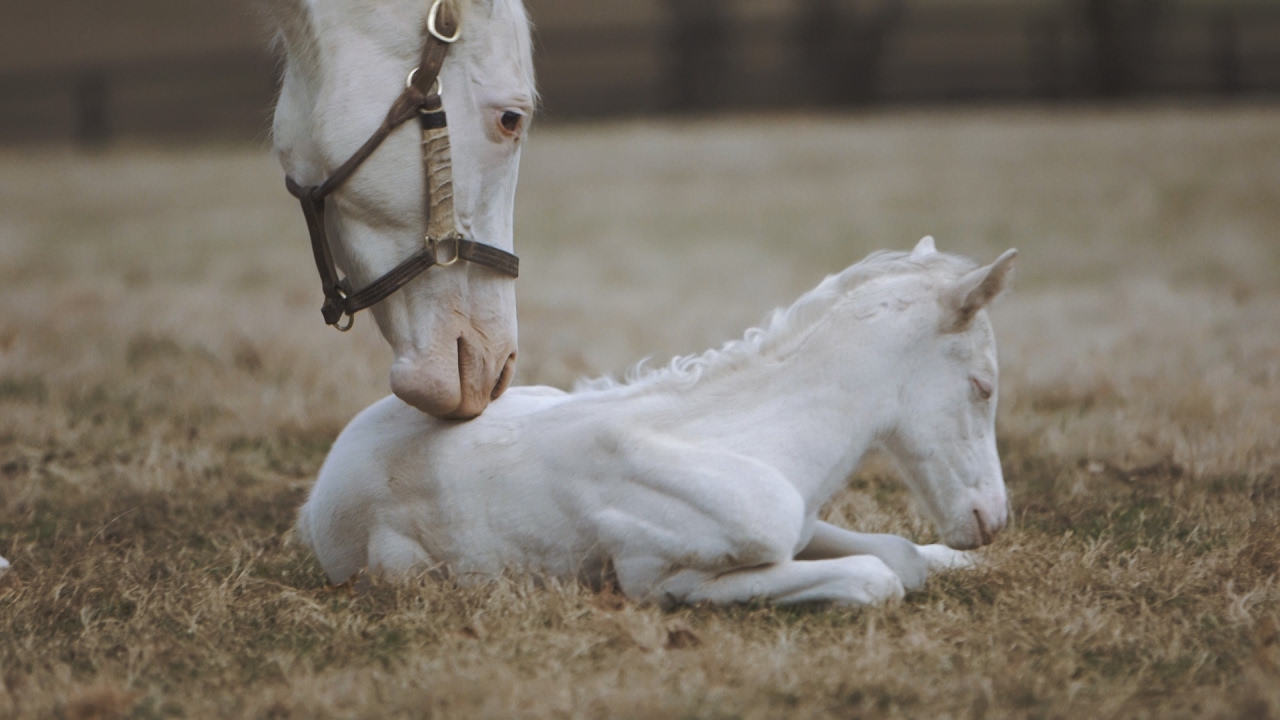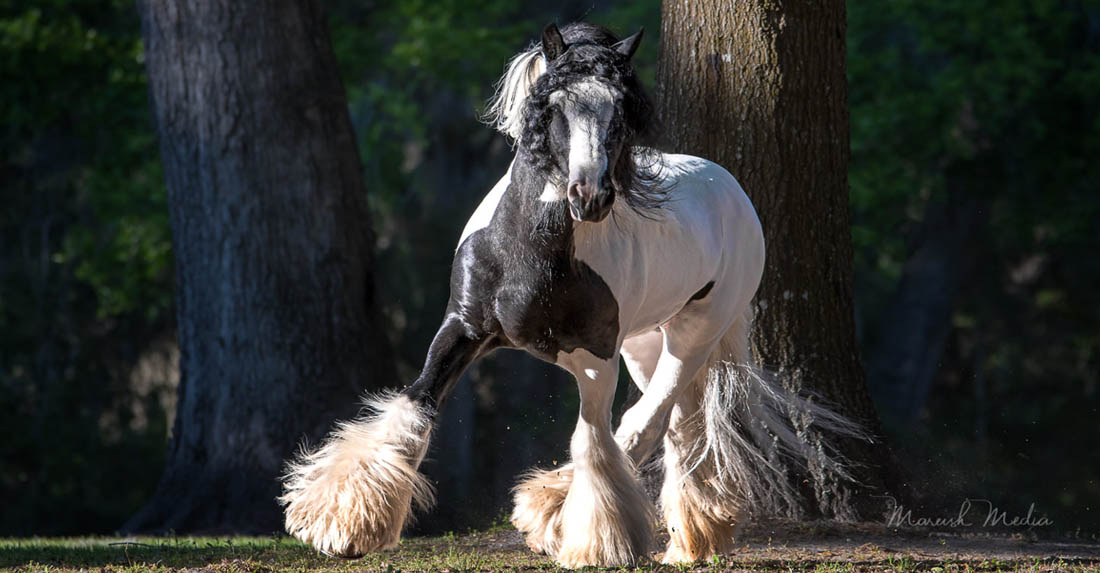Staying Alert - How to Avoid Potential Dangers When You are Riding Your Horse
Riding a horse can be one of the most wonderful experiences that a person can have. However, no matter how long you`ve been riding, you need to be aware of what`s going on around you and you should always stay alert. After all, you never know what is coming around the corner that could be dangerous or frightening to your horse.
One of the most important things you should do when you are riding your horse is to hold the reins properly. If your horse is suddenly startled, you will be able to react quickly to get him under control before he panics and bolts. Never loop the reins around the saddle horn, no matter how placid and docile your horse is. Even the quietest, most boring horse in the world has the ability to run off with the bit between his teeth if he is scared enough.
Next, be sure that you are sitting on the horse properly. Leave your feet in the stirrups and don’t try stunts like standing on your horse’s back without having someone nearby who knows how to train stunt riders. If you want to ride sidesaddle, be sure you have the proper saddle.
Another thing you should do is to take a quick look around unfamiliar areas before you start your ride. This way, you will know in advance that there is a clothesline full of clothes flapping in the wind close to one section of the trail, while a fallen tree is blocking another section. If you came across either of these things without any prior knowledge, they could really present a problem.
Of course, even if you have all of the right equipment and you are doing everything properly, there are occasions where riding a horse just is a bad idea. If your horse is frightened of thunder and there is a storm brewing, stay home. If he shies at the sight of every piece of trash or debris you come across and it is a breezy day, you may want to put off your ride until the air is still.
If you can`t avoid a bad situation and your horse starts to shy at the sight of a piece of paper blowing in the breeze, a bird fluttering, or some other equally harmless thing, you can sometimes minimize his reaction by acting quickly. Stop the horse and speak to him in a clear, calm voice to let him know that he doesn’t have to be afraid. If he balks, command him to back up instead of trying to force him forward. Get him under control and then attempt to show him that the object that has startled him is no big deal.
Finally, if you haven`t been able to exercise your horse for awhile and he is overly frisky, you may want to help him burn off some of that excess energy before you get on his back. A calm horse is much less likely to shy or bolt than one that is practically bouncing off the walls. Instead of riding your horse, get out the lunge line and have him trot or canter around the paddock for fifteen or twenty minutes. Once he has settled down, you can take him for a much safer and more enjoyable ride.

One of the most important things you should do when you are riding your horse is to hold the reins properly. If your horse is suddenly startled, you will be able to react quickly to get him under control before he panics and bolts. Never loop the reins around the saddle horn, no matter how placid and docile your horse is. Even the quietest, most boring horse in the world has the ability to run off with the bit between his teeth if he is scared enough.
Next, be sure that you are sitting on the horse properly. Leave your feet in the stirrups and don’t try stunts like standing on your horse’s back without having someone nearby who knows how to train stunt riders. If you want to ride sidesaddle, be sure you have the proper saddle.
Another thing you should do is to take a quick look around unfamiliar areas before you start your ride. This way, you will know in advance that there is a clothesline full of clothes flapping in the wind close to one section of the trail, while a fallen tree is blocking another section. If you came across either of these things without any prior knowledge, they could really present a problem.
Of course, even if you have all of the right equipment and you are doing everything properly, there are occasions where riding a horse just is a bad idea. If your horse is frightened of thunder and there is a storm brewing, stay home. If he shies at the sight of every piece of trash or debris you come across and it is a breezy day, you may want to put off your ride until the air is still.
If you can`t avoid a bad situation and your horse starts to shy at the sight of a piece of paper blowing in the breeze, a bird fluttering, or some other equally harmless thing, you can sometimes minimize his reaction by acting quickly. Stop the horse and speak to him in a clear, calm voice to let him know that he doesn’t have to be afraid. If he balks, command him to back up instead of trying to force him forward. Get him under control and then attempt to show him that the object that has startled him is no big deal.
Finally, if you haven`t been able to exercise your horse for awhile and he is overly frisky, you may want to help him burn off some of that excess energy before you get on his back. A calm horse is much less likely to shy or bolt than one that is practically bouncing off the walls. Instead of riding your horse, get out the lunge line and have him trot or canter around the paddock for fifteen or twenty minutes. Once he has settled down, you can take him for a much safer and more enjoyable ride.









